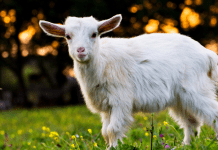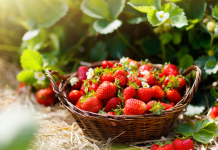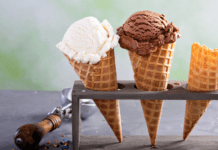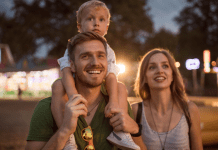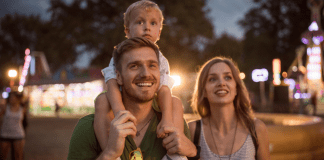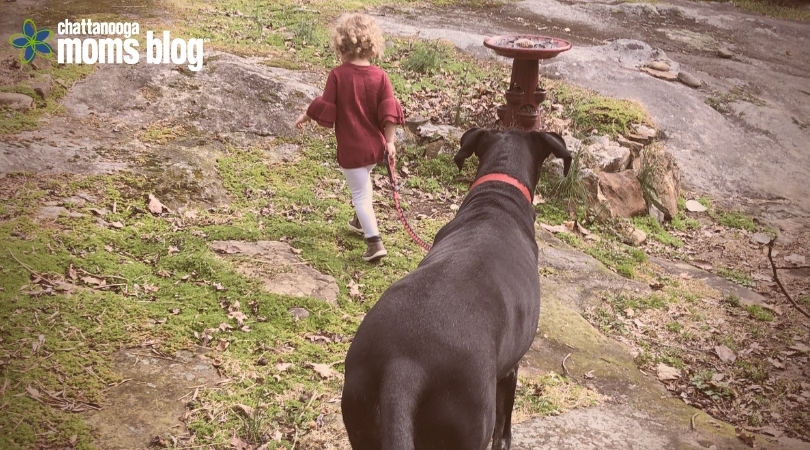 I hear it bandied about quite often: “Well, that’s just a bad person” or “She’s just such a good person.”
I hear it bandied about quite often: “Well, that’s just a bad person” or “She’s just such a good person.”
These phrases make me pause and shudder a bit. I just can’t get behind them, and I don’t want to teach my daughter that a person’s life can be boiled down to something so simple or confining.
Recently, we’ve been trying to emphasize with our toddler how decisions — good or bad — have consequences. Our line in the sand comes to something like this: In our opinion, there are no “bad” people. There are just good people who have made so many bad or selfish decisions in their lives they can no longer remember how, or simply don’t want to, make good decisions anymore. They’ve lost their way, and it’s surprisingly easy for all of us to do the same.
Let’s start off this discussion with an honest disclaimer: Firstly, neither my husband nor I are perfect parents; we do the best we can with the truths we know. I am the first-time mom of an extremely precocious and creative three-year-old girl who is pushing boundaries like a miniature Icarus teetering between truly inspiring flight and a despairing fall. A tad dramatic, you say? I imagine it might be for most, but my special blend of anxiety, imagination, and general terror of being a bad mother creates this miasma of joy and uncertainty as I watch her interact with the world.
My daughter can be thoughtful, sweet, loving, kind, and considerate. I celebrate these moments with her when she is. I couldn’t love her more than I do now, but I also couldn’t be more afraid for her as we approach school years. How do I guide her, explain to her, or even, at times, lecture her about what it takes to see the good in the world and herself? How do we nurture these budding empathetic qualities so, as a teenager and adult, she has firm roots in thoughtfulness, hope, and a love for life and people?
I’ve decided to start simply, by getting rid of the labels of good or bad in relation to a person’s identity. Instead, we are focusing on good or bad choices.
When Lillie shows kindness and thoughtfulness, my family and I try to acknowledge it by simply congratulating her on making a good, kind choice. When she makes a bad decision, such as ripping a toy from another toddler or nearly shoving someone off a balance beam because she wants them to hurry, we talk about how that was hurtful both to the other child and to herself. We try to get her to connect the action to the emotion it makes the other child feel as well as what such decisions, when compounded by repetition, will do to her.
As she grows, the discussion will morph with her understanding. We’ll talk more about how the small actions she makes every day will add up to much larger, far reaching results in her life. Her father and I feel that, the more good choices she makes the more natural they will become and, when she does make a bad decision, it will be easier to recognize where she erred and how she can make amends.
So, sharing a toy doesn’t seem like a big deal right now, but the more she does so with kindness and empathy, the more she will be willing to share of herself and her heart in the future.



